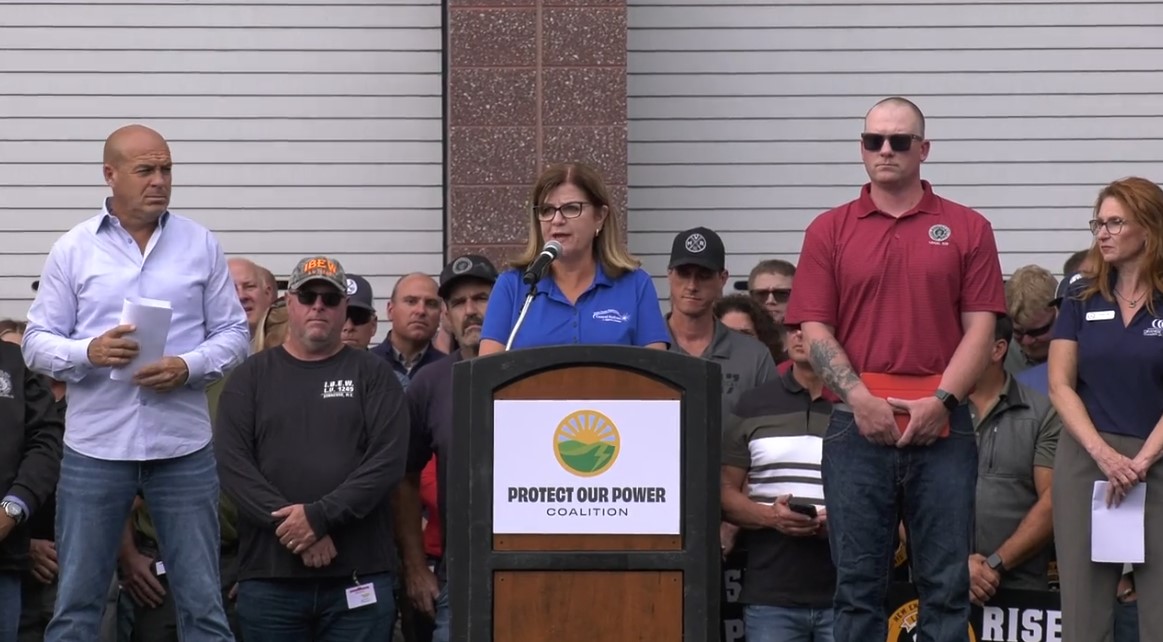Central Hudson has outlined its support programs for customers struggling to pay their utility bills in response to a request from U.S. Representative Josh Riley, a Democrat from Ithaca, New York. In a letter dated October 27, 2023, Riley urged utility companies, including Central Hudson, to suspend service terminations for federal employees during the ongoing government shutdown.
In her correspondence, Central Hudson’s president and CEO, Stephanie R. Raymond, emphasized the company’s long-standing commitment to assisting customers in need. “Central Hudson has compassionately worked with customers for more than 125 years and we have an unwavering commitment to continue to help customers through difficult times with dignity and understanding,” Raymond stated. She noted that the utility provides various forms of assistance, such as deferred payment agreements and partnerships with local organizations.
A significant initiative mentioned is the Good Neighbor Fund, which offers aid to individuals who may not qualify for state or federal programs. Raymond explained that this fund is bolstered by contributions from other Central Hudson customers and matched dollar-for-dollar by the company’s shareholders.
As winter approaches, Raymond urged Riley to advocate for continued federal funding for the Low-Income Home Energy Assistance Program (LIHEAP). She highlighted the program’s importance, stating, “This is one of the most important programs for our most vulnerable customers.” Raymond also expressed a desire for constructive dialogue with Riley regarding the challenges facing utility users and invited him to visit Central Hudson’s headquarters for a firsthand look at their operations.
Riley’s request for utility companies to refrain from service terminations comes amidst concerns for approximately 4,000 federal workers in his district affected by the shutdown. He also called for a suspension of late fees and collection efforts against these employees during this period.
In a statement, Riley criticized Central Hudson’s response, suggesting a lack of trust from the community due to past billing errors. “If they want a productive conversation, they can start by giving thousands of federal workers a straight answer: will they shut off their power and heat, and send them to collections?” he remarked.
Riley’s letter to utilities also included similar requests directed at NYSEG and National Grid, emphasizing the need for these companies to show compassion during challenging economic times. He pointed out that if utility companies can afford executive bonuses and lobbyists, they should be able to extend grace to families facing financial hardship.
The ongoing dialogue between representatives and utility companies illustrates the growing concern regarding the impact of governmental actions on everyday citizens, especially during the winter months when heating costs are critical. Central Hudson’s response reflects an effort to balance business operations while addressing the community’s needs during a challenging time.







